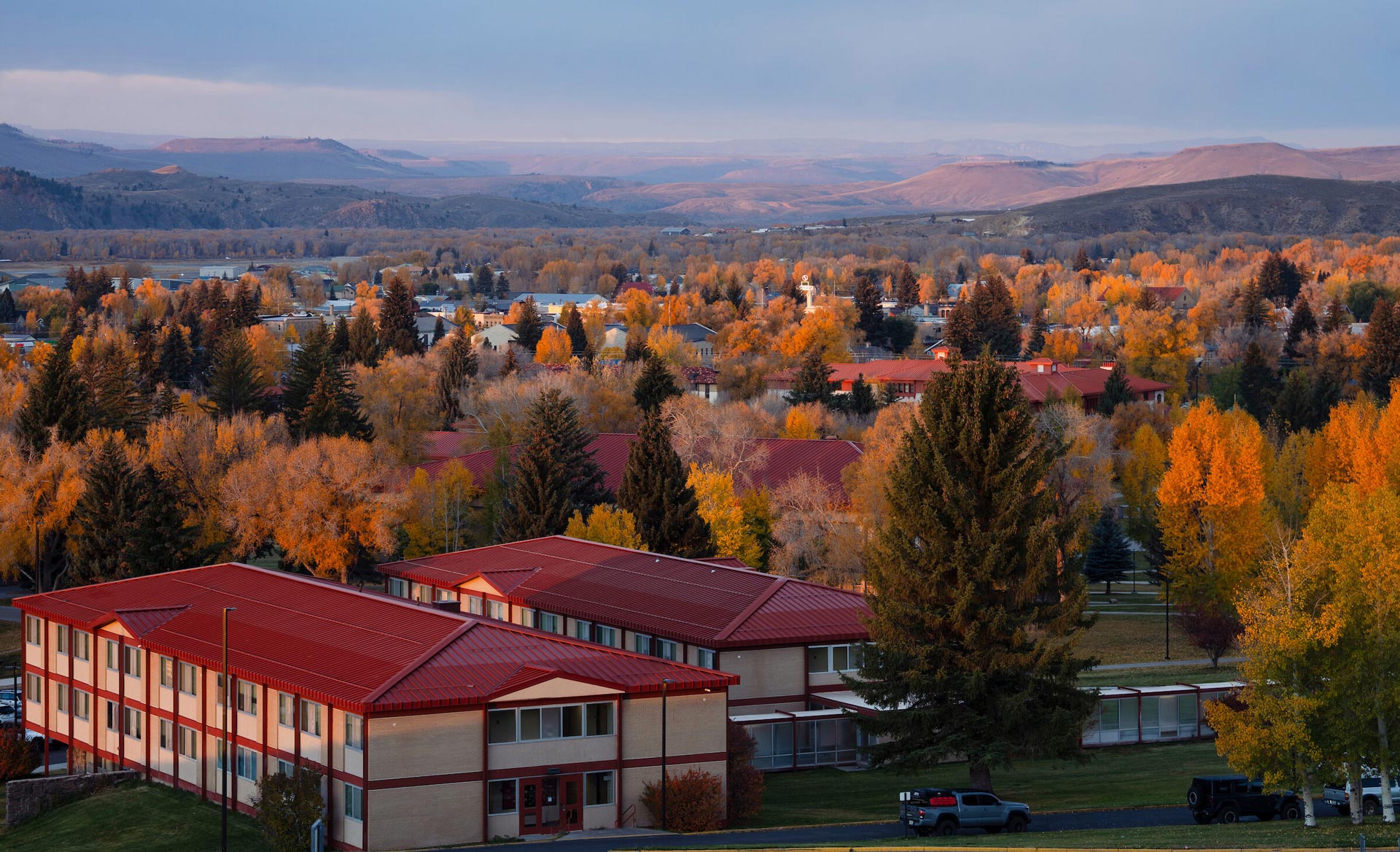Campus Operations
We work hard to serve the Western Colorado University campus to keep the grounds looking beautiful, the buildings in tip-top shape, the walkways cleared and safe and so much more.
Campus Operations is responsible for the management, maintenance and operation of all the university’s buildings and grounds as well as the physical development of the campus. Our mission is to build, maintain, operate and renovate enduring facilities, while providing facilities services and support services that exceed our customers’ expectations. Our vision is to become a world-class facilities services organization, known for setting the benchmark in excellence and continuous improvement.
As residents of this beautiful Gunnison Valley, we feel it is our responsibility to educate our entire department about environmental issues and sound environmental practices. In practice, we need to respect our environment, recycle and reduce our consumption to ensure that the natural resources we treasure are preserved and sustained for the future. As a department, our priorities, decisions and actions will be guided by their environmental impact. We should pay particular attention to the use of our land, the construction and renovation of our facilities, our consumption of energy and other resources, and our choices of transportation.
